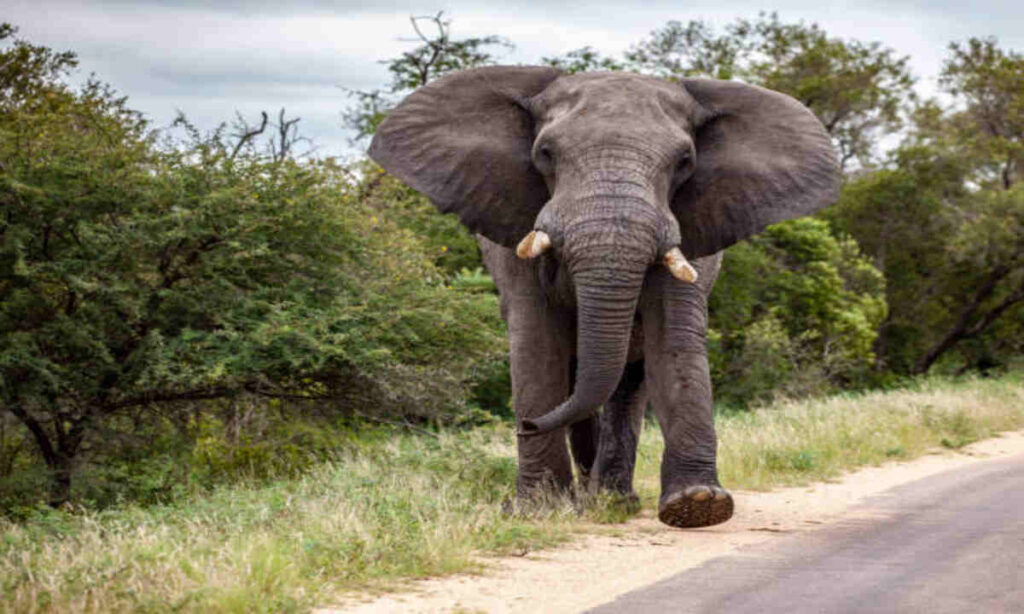
A protective elephant walks near tourists in Zambia’s South Luangwa National Park, where two women were tragically killed. Gettyimages
Nairobi & Lusaka— Two elderly female tourists—a 68-year-old British woman and a 67-year-old New Zealand national—have been killed by a charging elephant while on a guided walking tour in Zambia’s South Luangwa National Park, police confirmed.
The women were part of a group that had stayed for four days at Big Lagoon Camp, located roughly 600 kilometers from Lusaka. According to authorities, the pair was trampled by a nursing elephant that charged from behind while protecting its calf.
Zambia safari deaths raise alarm over wildlife tourism safety
Eastern Province Police Commissioner Robertson Mweemba said the elephant was shot and wounded in an attempt to stop the charge, but still managed to attack the women. Despite the efforts of armed guides, both tourists died at the scene.
The UK Foreign Office stated that it is offering consular support to the family of the deceased British national and is liaising with Zambian authorities.
“They were moving to other camps when the elephant charged from behind. We are really sorry that we have lost our visitors,” Mweemba said. “They both died on the spot.”
Elephant attack in Zambia part of rising wildlife risks
While Zambia’s national parks are known for their breathtaking biodiversity, the incident highlights the inherent dangers of close wildlife encounters.
Female elephants are especially protective when accompanied by calves, and conservation experts say tourists should remain vigilant at all times.
Authorities have previously warned that visitors often underestimate animal behavior during safaris. “It is very difficult to control the animals, and tourists like feeding them,” Mweemba noted.
Similar incidents have occurred in recent years. In 2024, two American tourists were killed in separate elephant-related incidents while on safari in Zambia.
South Luangwa Park tragedy prompts review of Zambia safari deaths
South Luangwa Park, a key destination for Zambia’s eco-tourism, is known for its walking safaris. However, conservationists say such excursions must come with clearer safety protocols and better guide training to prevent further fatalities.
Though the identities of the women—Easton Taylor from the UK and Alison Taylor from New Zealand—have been confirmed, it remains unclear if they were related. Officials have yet to announce any disciplinary or regulatory action following the elephant attack.
Calls grow for stricter safari safety in Zambia
The tourism ministry is expected to issue updated safety recommendations in the coming days. Advocacy groups have urged Zambia to develop more controlled wildlife interaction zones and introduce emergency response drills in remote camps.
For tourists considering African safaris, organizations like SafariBookings provide essential safety guidelines and information on avoiding dangerous encounters with wildlife.

